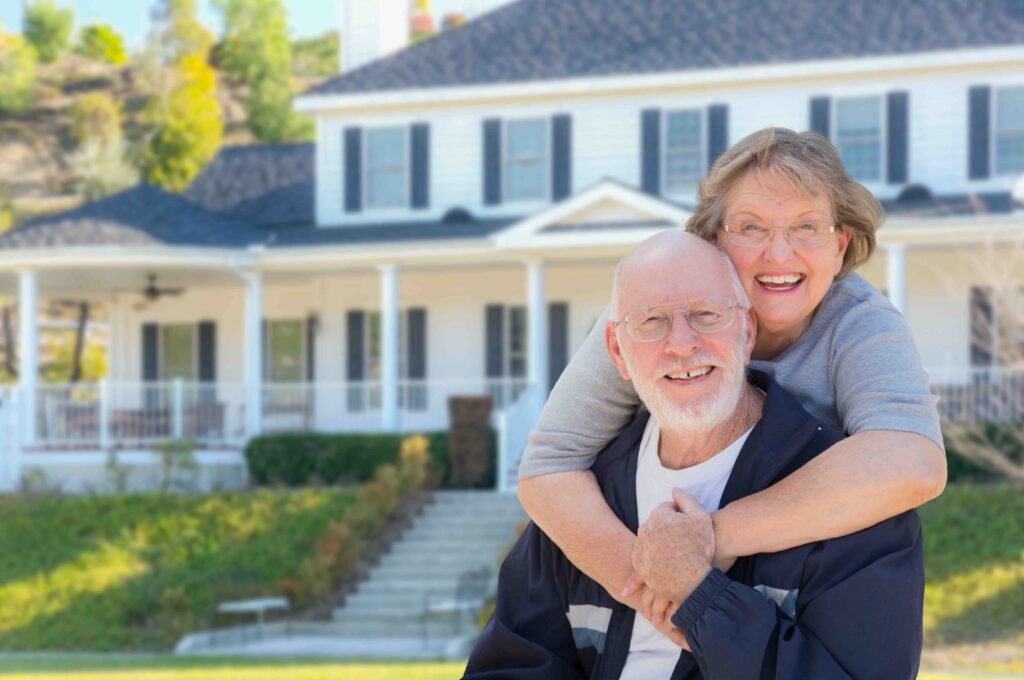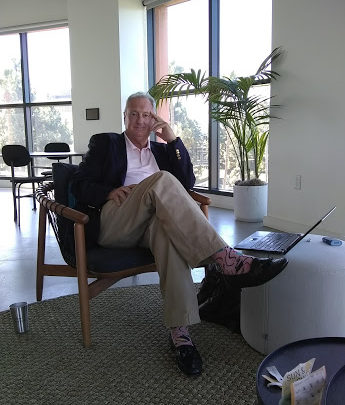Long before the first COVID-19 case was reported in the United States, a movement was taking hold when it comes to eldercare.
Aging adults and their families started looking for ways to age in their own homes, instead of moving on to an assisted living facility or a care home.
Two years ago, the American Association of Retired Persons (AARP) validated the trend in its Home and Community Preferences Survey. Among the findings: close to 80 percent of adults age 50 and older want to remain in their communities and/or homes as they age and have the resources to do so.
Specifically, the report noted that “people spend years making connections and commitments to homes, friendships, community organizations, and local social ties within their community,” and that these “communities become a source of support and engagement for residents, particularly older adults who have an even stronger desire to age in place.”
You’ll get no argument from Dr. Debi Lynes, a noted expert on the topic, whose
Aging in Place podcast has garnered national recognition.
“The notion of how to age in the right place has been on the mind of older adults even before the pandemic,” said Dr. Lynes. “COVID-19 has sped up the process. Aging adults, who are 77 million strong to date and make up 28 percent of the US population want to continue living at home or at least in a familiar environment as they age. They express wanting to live safely, as independently as possible, and comfortably regardless of their age or ability level.”
Dr. Lynes anticipates a hybrid model emerging from this dynamic, the idea for which came from a recent guest she had on the show – Peter J. Burns III.
Burns has pioneered the concept of creating luxury boutique care homes for seniors in the community in which they live. Typically, Burns and his investors buy traditional homes, then has them remodeled so they can accommodate aging adults. Unlike “group homes,” Burns’ “care homes” are more modern, offer more space to its residents and afford more privacy. Today, Burns has a half-dozen houses in the Sun City area of Phoenix, which provide both luxury and familiarity to seniors.
Burns delivers the boutique care homes in proximity to the would-be residents by utilizing a federal law that protects the elderly from being discriminated against when it comes to housing – the Americans with Disabilities Act. The ADA prevents entities, such as homeowners’ associations, from blocking the operation of care homes for aging adults, who are considered disabled for purposes of the law.
The benefits of installing remodeled care homes in the communities in which the elderly live are clear – family members can more easily visit them, while residents can visit the parks and libraries they have grown so accustomed to.
Burns delivers luxury on top of that proximity with the help of partner Tim Hurst, who has 40 years of experience in the residential construction industry and has developed substantial expertise in remodeling existing homes into care homes for aging adults.



No comments